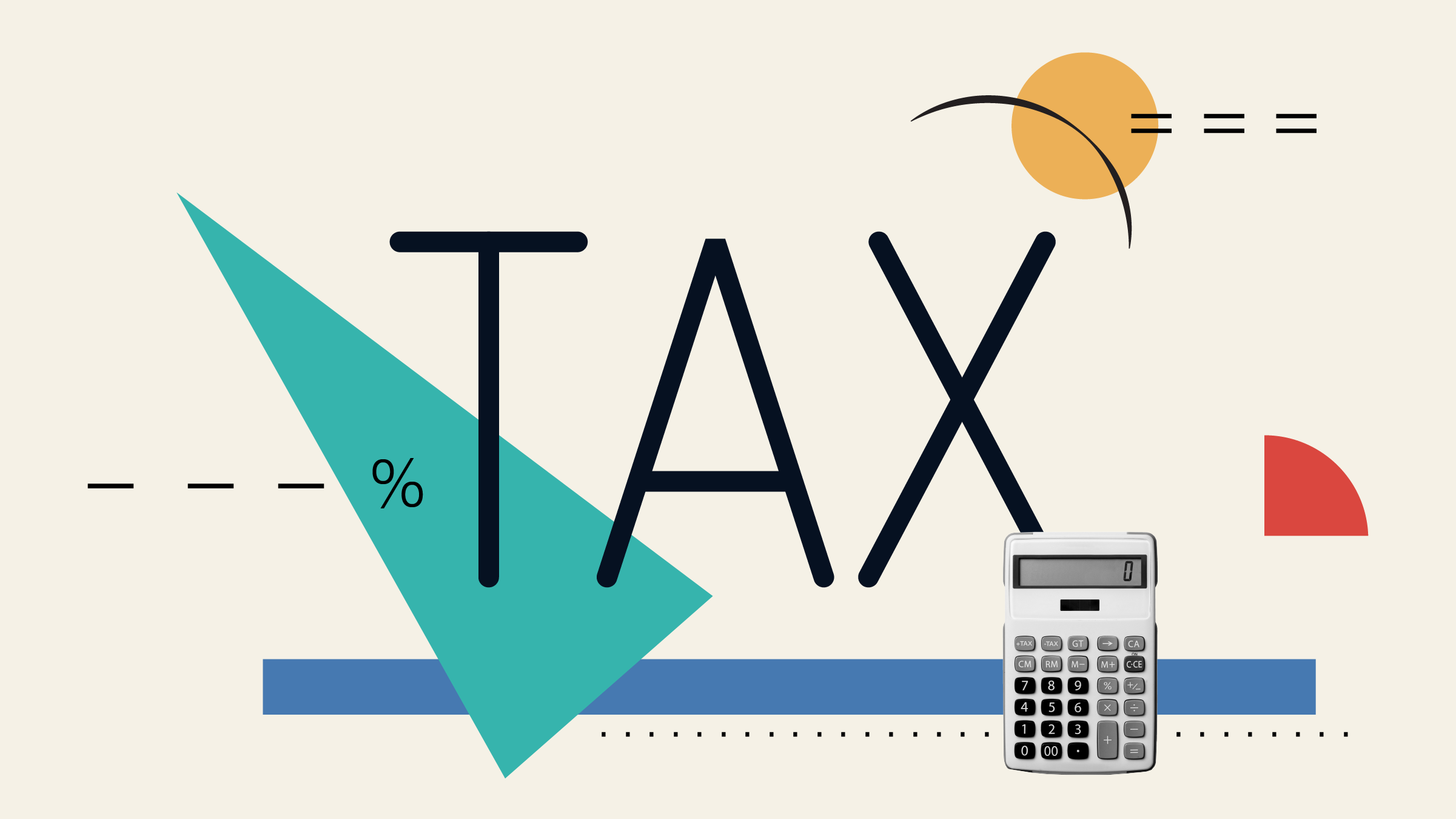Emma Wall: Hello and welcome to the Morningstar series 'Ask the Expert'. I'm Emma Wall and I'm joined today by Darren Philp from The People's Pension to talk about the pensions dashboard. Hi Darren.
Darren Philp: Hi Emma.
Wall: So, what is the pensions dashboard?
Philp: Well, the pensions dashboard is a one stop-shop for people's pension information. People have lots of different jobs throughout their lifetime now. They'll probably have lots of different pensions, and it's really difficult to keep track of them all and find out where they are. So, the pensions dashboard is there to answer a simple question: what pension have I got and where is it?
Wall: Now this is something that is an admirable concept, and it's something that those within the industry have been talking about for some time, and yet it's taken a while to come to fruition. Why have there been so many roadblocks?
Philp: I think what we've seen is the development of a prototype of the dashboard, so a number of contributors did a lot of work to prove that actually this is doable from an IT and development perspective. And I think in March this year, the prototype of the dashboard was unveiled which was absolutely fantastic, to show that this actually can be done. And I was never in any doubt that it would be done, because it happens in other countries. Other countries have got a dashboard, so I don't think technology is the barrier.
I think we've got quite an eclectic pensions industry - you've got the DB, defined benefit pensions, you've got newer defined contribution schemes, you've got SIPPs, you've got SSAS, you've got all these different types of pensions, not to mention the state pension as well. And I think that getting everyone onside to make sure that this is a good idea has been a bit of a challenge. But I think that as the technology is being proven and as the research is being done to demonstrate what the benefits of this dashboard would actually be, I think more and more people have come onside and that's a great thing.
Wall: And what do you think the dashboard prototype needs in order to make it a success? Is there anything for you at the People's Pension where there it's glaringly missing?
Philp: I think the dashboard prototype works, the technology works. OK, it needs to be rolled out at scale now and it's got some really tricky and knotty issues around data protection and identity verification and all that, that needs to be worked through. But you get enough type of people around the table and those issues aren't insurmountable. I think the project so far has been done on a voluntary basis. So, there is almost like a goodwill of certain players within the industry that have funded this and have driven it forward.
But really a dashboard can only work if everyone is on it. Just imagine, Emma, going on to a dashboard and only seeing half of your pensions information on there, that would be quite disappointing, wouldn't it. That wouldn't be a great customer experience. So, what we've been calling for is the government to do some serious work on this and ultimately legislate to ensure that the state pension is on there and eventually that we get all pension schemes plugs into the dash board.
Now, that's quite a challenge, but we think it's a challenge that will ultimately be achievable. We will do this, but also, we think, it will reform pensions, it will improve efficiency. It should increase value for money for people. It should increase transparency, all issues that we've got with the industry. So, to my mind, the dashboard is a good thing, but I think the government does need to legislate to make it compulsory.
Wall: Now one of the things that has happened in the pension industry and recent industries which has revolutionised it, is auto-enrolment and auto-enrolment works on an inertia basis, i.e. if you do something for somebody, then they will benefit from it. Almost like lack of information is a good thing. Pension dashboard is almost the opposite of that, it providing information. How do we get the balance between providing enough information people to engaged and not too much information that they become overwhelmed because that is a risk?
Philp: It is and I am a big believer in defaults, I am a big believer in auto-enrolment. For me and personally with my own pension, I leave it to the experts. I don't want to mess around with it and I think that will be true for the vast majority of people who are saving within an auto-enrolment scheme, but within an auto enrolment scheme, you get people that move jobs quite a lot and it's really difficult to keep track of your pension and you probably once in a decade will think, I need to think about my pension and then you think OK, where is my last pension statement and who did I have that pension with, and OK, I am going to call this company and they are going to take me – it can take four weeks for them to send me a pension statement.
There are barriers there, we are paying barriers up for the customer, left, right and centre and I think what the dashboard does, for when people need to make decisions, when people need to think about their pensions, it provides that one-stop shop, so people can see all their information in one place and removes a significant barrier to that engagement. It's not a panacea. It doesn't mean to say we're going to be financial whizz kids and making whizzy financial decisions and all of that type of stuff, but it removes the key barrier for people doing the right thing. And for me, it's not necessary just the individual that will use it as well.
So, we've been big advocates of something that we call a "public good dashboard". So, this is a non-commercial dashboard that could be used by the new single advice and guidance body and if a pension saver can give access to their dashboard data to that guidance body, then you are saving 20, 30 minutes on the phones with the operator trying to work how whether someone's got a DB pension, or DC pension, whether they have got any lost pensions and stuff. So, it's a tool that can be used to really help people navigate or get support navigating the difficult decisions that they have to make at retirement.
Wall: Darren, thank you very much.
Philp: Thanks, Emma.
Wall: This is Emma Wall for Morningstar. Thank you for watching.





























